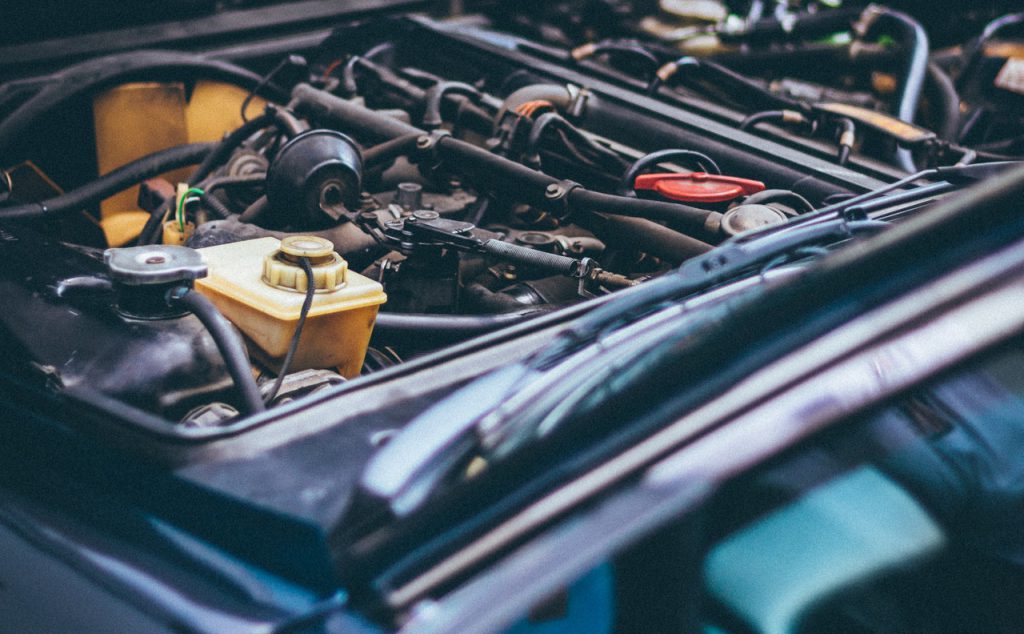As we all know, the fuel system is a critical part of the vehicle. Without fuel, cars cannot run. All drivers understand how crucial it is, and how hard it is to solve the fuel system related issues. In this article, our car experts will list out the biggest enemy of any fuel system, as well as the major car parts that we need to take a look at when dealing with this issue.
Contents
Fuel System Issues
The Main Threat of Fuel System
Even though there are various things that might affect the pressure as well as the flow of the fuel system, dirt is the biggest factor. It will stick inside the fuel filter, which results in poor performance as well as stopping the fuel’s flow.
Along with that, we can see that the protection of the fuel system is the fuel filter. Just this small part can block and prevent all contaminants from getting inside the fuel.

The Failure Warning Signs of Fuel System
So how can we know when the fuel system is having problems? First, we need to know the three main car components of concern. They are injectors, fuel pumps and fuel filters. And the most common failure warning signs are:
- Stalling
- Reduce in gas mileage
- Hesitating engine
- Cannot starting
- Engine misfiring
- Hard starting
- Car performs different at different speeds
- With high speeds, Engine sputters
- Loss of power When the car Is under load
- Surging
Three Common Fuel System Problems
Now we acknowledge the failure warning signs, it is time to know the three common fuel system issues in order to fix it.
Fuel Injectors
One of the most common fuel system problems is the fuel injectors. It is so common that if car owners spot an issue developing in the fuel system of the engine, the injectors are usually the cause. And if it is the case, you can easily know since the symptoms are very noticeable. We will take about the fuel injector spray patterns. Normally, an injector will pump in a straight, strong line of fuel. However, an injector that does not open might lack power, causing hard starts as well as rough running conditions. Car owners can spot an issued injector by checking to see if it is stuck in the open or closed position. Another case when we spot a damaged fuel injector is that it is a dirty one.
And the consequences can be terrible. To be more specific, a damaged one can cause a loss of fuel pressure. With the injectors that are stuck open, the raw gas can leak into the cylinder. This extra liquid will run down into the oil sump overtime, which makes an overfilled oil level. Car owners can eventually check it by pulling the oil dipstick.

The second way for drivers to see if the fuel is leaking into the oil is by the smell. Usually if there is a mixture happening, we can smell the raw gas mixed with the engine oil from the dipstick. The odor is so strong that we cannot miss it. For that reason, car owners should keep that in mind when checking the fuel condition and level.
Last but not least, car owners can check a leaking injector by a run on condition. The method to check is to turn off the key to shut down the engine, and this makes the injection process stop. Normally, the engine will stop immediately. However, if it is still running, you are having fuel dripping inside the combustion chamber.
All of these can be the cause of making a dirty injector. To be more specific, they make carbon deposits, dirt or gum on the tip to stop it sealing. This creates a route for raw fuel to enter the cylinder.
Fuel Pump
Another common fuel system related problem is the fuel pump, electronic fuel pump to be exact. Imagine you are driving a car at a high speed normally, then suddenly the car jerks and sputters. It just takes a few minutes before returning to normal. It might be mistaken to diagnose a sputtering car or dirty gas, since the car will then make a stalling sound after accelerating smoothly. Once car owners hit the gas pedal, a working pump raises the gas flow. Thanks to this action, the pressure will then be restored and the engine can run normally.
It is not a strange thing if car owners mistake this issue for the fuel filter. In order to fix this malfunction, drivers must check the blown fuse as well as put pressure on the fuel line. With modern electric fuel pumps, you turn the key on to perform all those tasks. And if you cannot hear the sound of the fuel pump running and your automobile does not start, the fuel pump is having trouble.
Clogged Fuel Filter
Last but certainly not least, we have the clogged fuel filter, which is one of the most common issues. In many cases, you should change the fuel filter in the recommended routine according to the manufacturer’s recommendations. In order to know whether your fuel filter is clogged or not, you can check these symptoms. To be more specific, the fuel pump will disintegrate, depositing small pieces and creating a clog.



